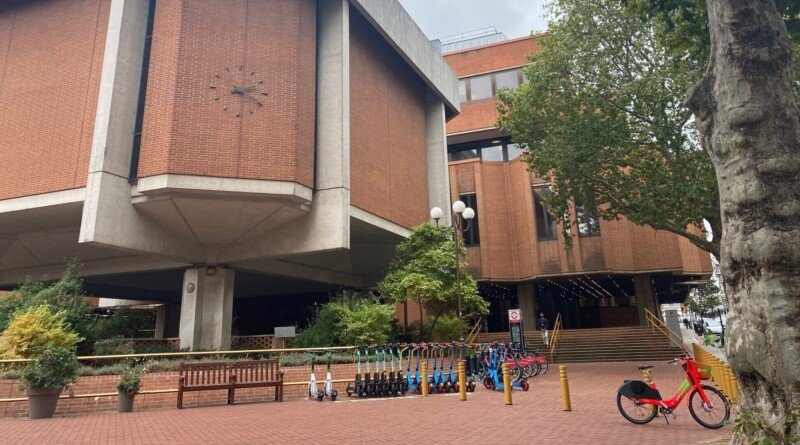Town hall set for £43m ‘budget shortfall’ after cost of living crisis
By Adrian Zorzut, Local Democracy Reporter
A council could be set for a £43million “budget shortfall” over the next four years because of the cost of living crisis.
Kensington and Chelsea council said a “best case” scenario would see that number reduce to £32million, a council document has revealed.
The local authority’s medium-term financial planning for 2024 to 2028 shows a “budget gap” of between £3.7 million and £4.4 million as early as next year.
The council has blamed the fiscal black hole on inflation, which is causing the cost of services and staff to rise.
The council also fears a “cliff edge” in additional funding from the government, which could plunge the council into millions of pounds of deficit.
This worst case scenario assumes the council will feel spending and income pressures of around £49million over the next four year, with a staggering £32million related to costs associated with inflation.
In a best case scenario, the council would continue to receive additional social care funding which is tipped to end next year.
The report, which will be discussed during a council meeting on Wednesday, said: “The council’s financial position over the coming years is challenging.
“Although since the last Medium Term Financial Strategy (MTFS) was written the impact of the Covid-19 pandemic has thankfully eased this was almost immediately followed by the cost of living crisis driven by the significantly higher inflation environment.
“This new economic reality has brought and is expected to bring significant financial challenges to the council over the medium term.”
The council will use some of the £8million set aside for its Covid-19 recovery programme to provide an ‘evolving level of support’, which includes an online hub with financial advice and support.
Some £1.7million has already been earmarked for 17,000 households borough-wide by way of a £100 rebate for 2023/24 council tax payers in bands A-D who don’t already receive council tax support.
More than £4million has already been committed to get people to the borough’s high streets and through support programmes for businesses, youth employment, and increasing physical activity.
The council also expects an increase in demand for its housing and social care services as residents struggle through the challenging economic climate.
The borough’s falling population numbers means it could face a further cut in funding.
It said the financial outlook for housing was “particularly challenging” with inflation and interest rates higher than what has been experienced in recent years.
The report said “unprecedented increases” in the cost of energy, labour, material and maintenance contacts, and the government’s decision to set rents at less than the rate of inflation for this financial year would ‘inevitably lead to significant risks to the sustainability’ of the housing department.
According to another report, the council may choose to unfreeze council tax and charge residents an extra one per cent by 2025. Any such decision would need to be approved by the council.
These proposals are set to go before the council from Autumn this year.
In February, the council shared plans to £13million with spending cuts to core services and staff, while focusing tax increases on adult social care.
The council aimed to find ‘efficiencies’ with measures like removing vacant posts and merging roles in its housing and adult social care departments.
They claimed the cuts will not affect frontline services and is planning to limit the increase in its share of council tax bills to two per cent to fund adult social care.
Pictured top: Kensington and Chelsea town hall (Picture: Hannah Neary)
